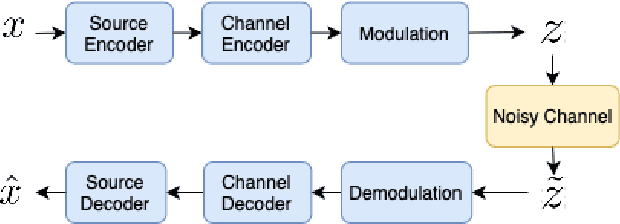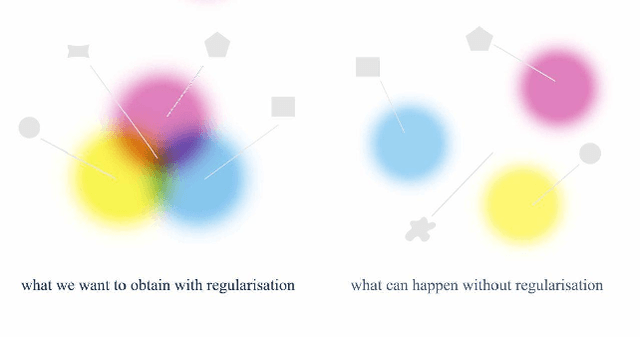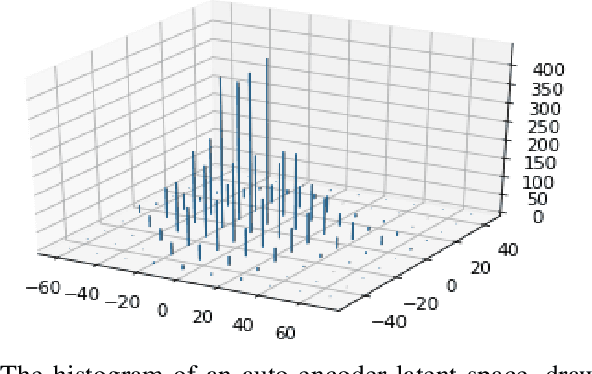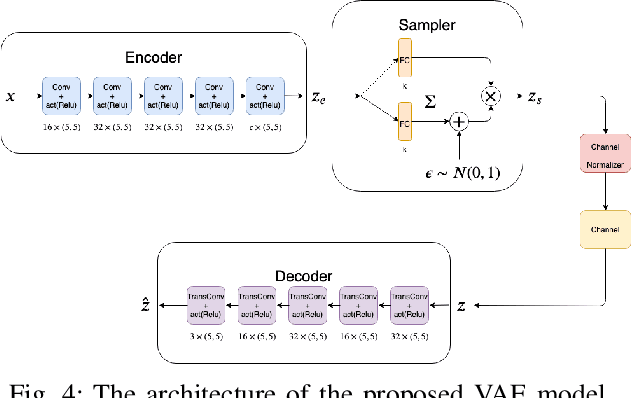A Variational Auto-Encoder Approach for Image Transmission in Wireless Channel
Paper and Code
Oct 08, 2020



Recent advancements in information technology and the widespread use of the Internet have led to easier access to data worldwide. As a result, transmitting data through noisy channels is inevitable. Reducing the size of data and protecting it during transmission from corruption due to channel noises are two classical problems in communication and information theory. Recently, inspired by deep neural networks' success in different tasks, many works have been done to address these two problems using deep learning techniques. In this paper, we investigate the performance of variational auto-encoders and compare the results with standard auto-encoders. Our findings suggest that variational auto-encoders are more robust to channel degradation than auto-encoders. Furthermore, we have tried to excel in the human perceptual quality of reconstructed images by using perception-based error metrics as our network's loss function. To this end, we use the structural similarity index (SSIM) as a perception-based metric to optimize the proposed neural network. Our experiments demonstrate that the SSIM metric visually improves the quality of the reconstructed images at the receiver.
 Add to Chrome
Add to Chrome Add to Firefox
Add to Firefox Add to Edge
Add to Edge